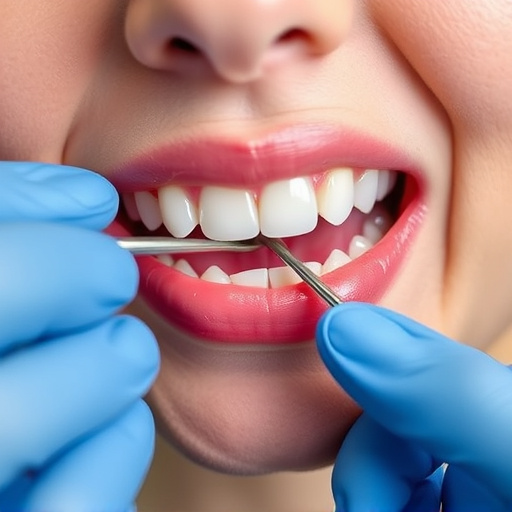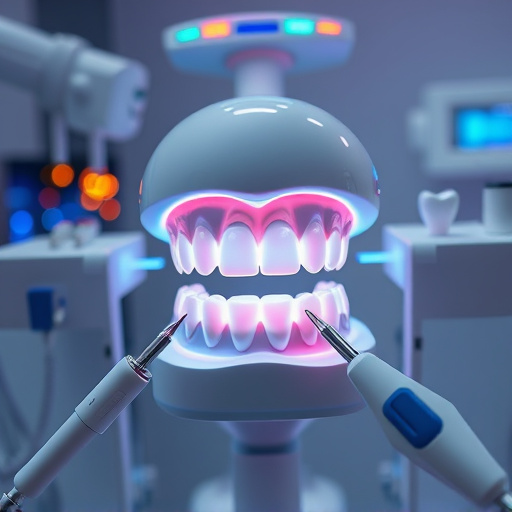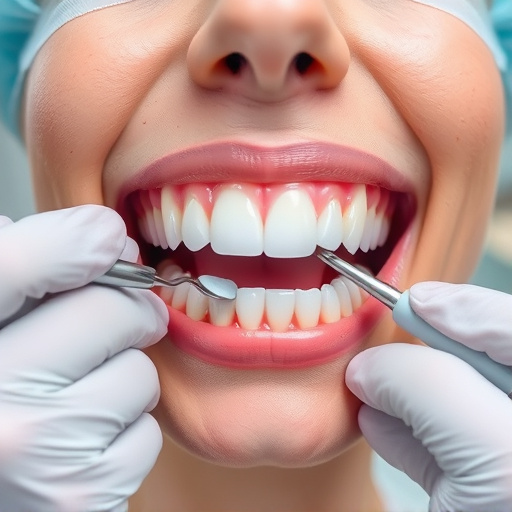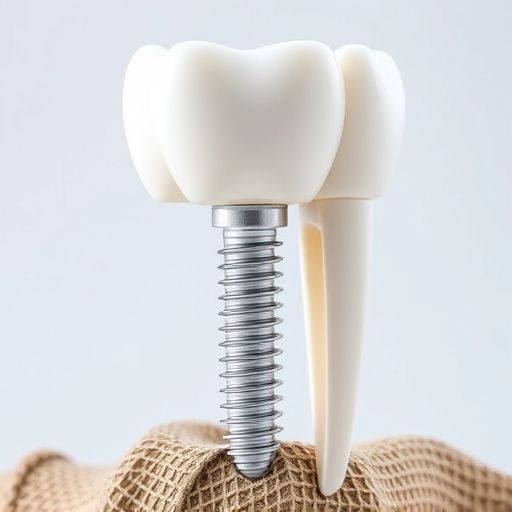Dry mouth (xerostomia) is a common condition caused by reduced saliva production, leading to discomfort and potential indicators of underlying health issues. Effective dry mouth solutions involve staying hydrated, dietary adjustments, avoiding stimulants, regular dental check-ups, and tailored treatments like oral moisturizers, medications, clear aligners, and addressing tooth damage or sleep apnea. Integrating these diverse strategies significantly improves oral health and treatment effectiveness.
Dry mouth, or xerostomia, is a common condition affecting millions. It can cause discomfort, oral health issues, and even impact overall quality of life. This article explores comprehensive dry mouth solutions, focusing on hydration and diet changes as primary strategies for relief. We delve into the causes, symptoms, and additional treatment options, providing practical insights for managing this condition effectively. Discover how simple adjustments in your daily routine can significantly alleviate dry mouth symptoms and promote oral well-being.
- Understanding Dry Mouth: Causes and Symptoms
- Hydration and Dietary Strategies for Relief
- Additional Treatment Options to Consider
Understanding Dry Mouth: Causes and Symptoms
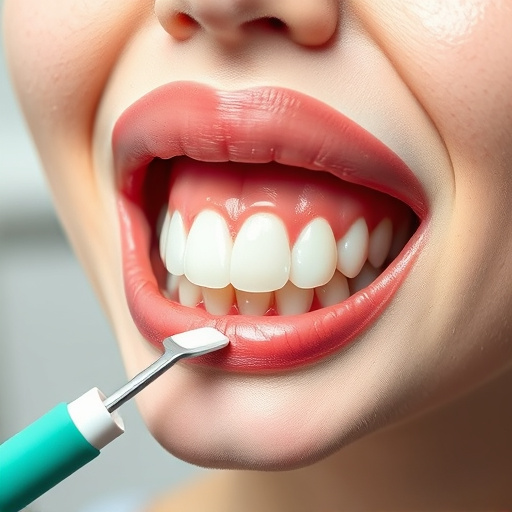
Dry mouth, medically known as xerostomia, is a common condition characterized by an insufficient flow of saliva. This can lead to various discomforts and health issues if left unaddressed. Understanding its causes and symptoms is the first step towards finding effective dry mouth solutions.
The primary cause of dry mouth is often reduced saliva production due to certain medical conditions, prescription medications, or age-related changes. Symptoms include a sticky or dry sensation in the mouth, difficulty swallowing, frequent thirst, dry tongue, and bad breath. In some cases, dry mouth may also be an indicator of underlying health problems, such as diabetes or autoimmune disorders. Regular dental check-ups, including routine oral exams and discussions with your dentist, can help identify and address potential causes, especially those related to dental fillings or clear aligners.
Hydration and Dietary Strategies for Relief
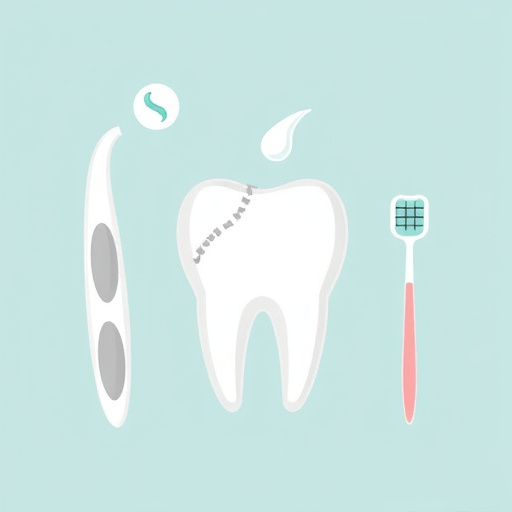
One of the most straightforward and effective dry mouth solutions is staying adequately hydrated. Drinking plenty of water throughout the day helps to stimulate saliva production, which can provide significant relief for those experiencing dry mouth. In addition to hydration, making dietary changes can also offer significant benefits. Incorporating foods rich in water content, such as fruits and vegetables with high water concentrations like cucumbers and oranges, can help keep your mouth moist.
Furthermore, it’s essential to avoid or limit stimulants like caffeine and alcohol, which can dry out the mouth. In terms of dental care, regular visits to your general dentistry practitioner can help address any underlying issues that may contribute to dry mouth. They might suggest dental bonding or cosmetic fillings to fix teeth that are causing reduced saliva production, providing a more comprehensive dry mouth solution.
Additional Treatment Options to Consider
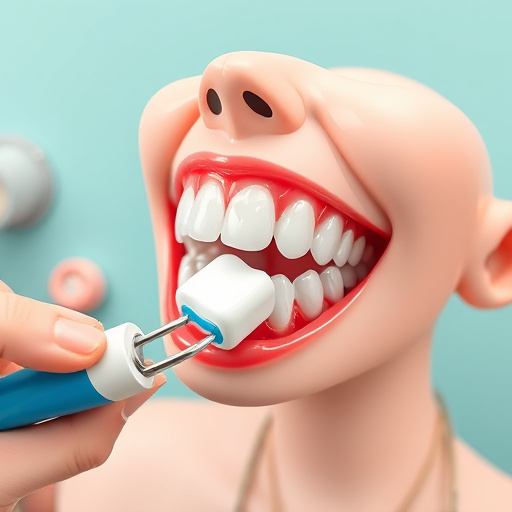
If simple lifestyle adjustments like increasing water intake don’t alleviate dry mouth symptoms, there are several additional treatment options to consider. One effective approach involves consulting with a general dentist who can provide tailored recommendations based on your specific needs. They might suggest using oral moisturizers designed to relieve dryness or even prescribe medications that stimulate saliva production. For individuals concerned about the aesthetics of traditional dentures, clear aligners offer a discreet solution for addressing dry mouth by promoting better oral hydration and fluid intake.
Beyond these options, dental professionals can address any underlying issues contributing to dry mouth. This may involve tooth repair procedures to fix cracks or chips that can compromise oral moisture levels. In some cases, specialized treatments or devices could be recommended to address specific conditions like sleep apnea, which is known to disrupt natural saliva flow. Incorporating these diverse strategies into your routine can significantly enhance the effectiveness of dry mouth solutions and improve overall oral health.
Dry mouth can significantly impact daily life, but understanding its causes and available solutions is empowering. Hydration and dietary adjustments are often the first line of defense, offering simple yet effective relief for many. From increasing water intake to incorporating moisture-rich foods, these strategies can help alleviate symptoms. Additionally, exploring further treatment options ensures a comprehensive approach to managing dry mouth. By combining these solutions, individuals can find lasting comfort and improve their overall quality of life. Implementing these dry mouth solutions may just be the key to a more comfortable and hydrated future.



